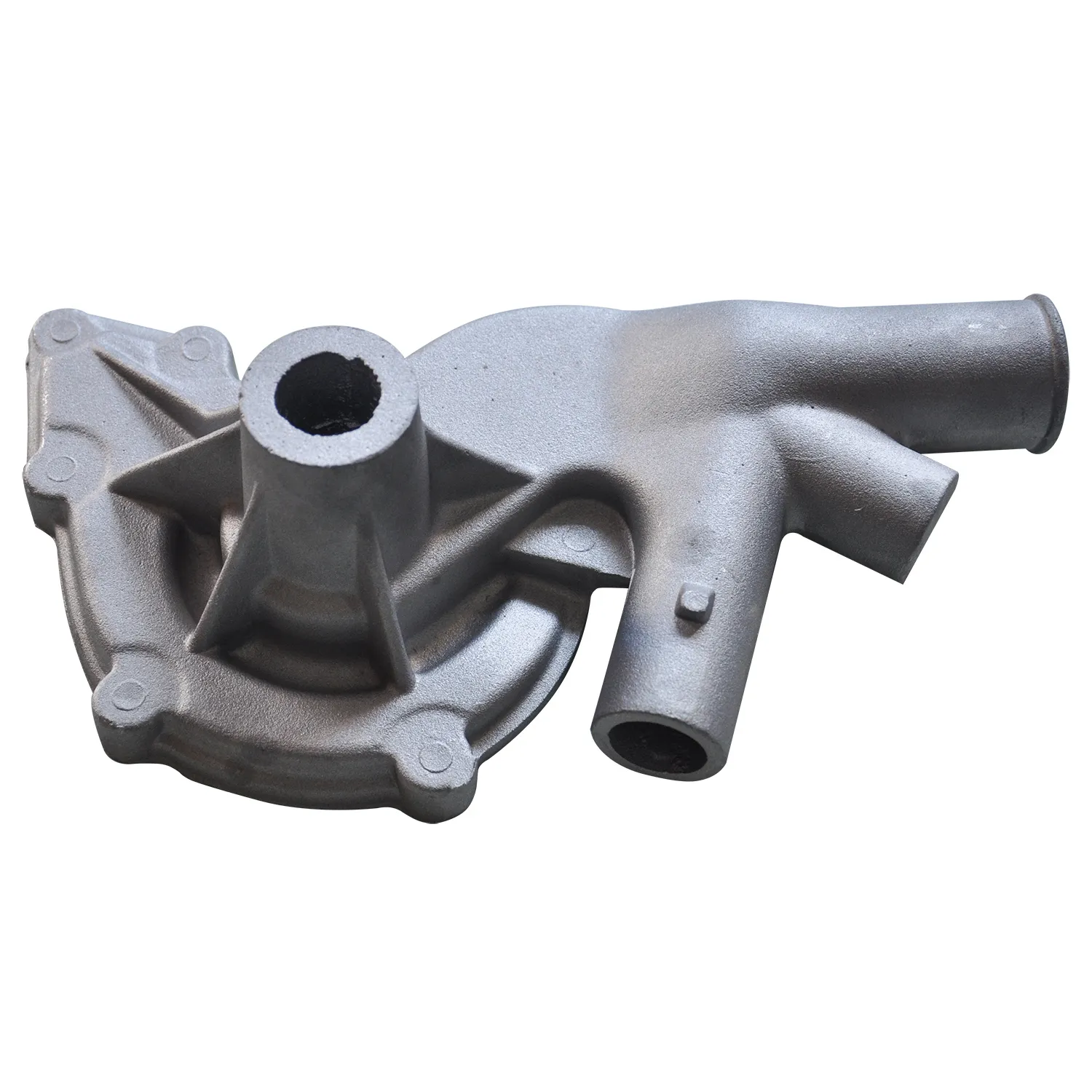Mobile:+86-311-808-126-83
Email:info@ydcastings.com
end cap 40mm
Understanding the 40mm End Cap A Key Component in Various Applications
The term end cap refers to a component used to seal the ends of pipes, tubes, and various types of containers. Among the many sizes and types available in the market, the 40mm end cap stands out for its versatility, functionality, and widespread application across multiple industries. In this article, we will explore what a 40mm end cap is, its uses, materials, and advantages.
What is a 40mm End Cap?
A 40mm end cap is a fitting designed to cover the end of a pipe or tube with a diameter of 40 millimeters. It can be made from different materials, including plastic, metal, or rubber, depending on the intended application. The primary function of an end cap is to provide a secure seal to prevent the internal elements from escaping and to protect the internal contents from external contamination.
Applications of 40mm End Caps
The applications of 40mm end caps are vast and varied
. Here are a few notable examples1. Plumbing and Water Supply In plumbing systems, 40mm end caps are used to seal pipes carrying water. They ensure that there are no leaks at the end of the pipes, maintaining the efficiency and integrity of the system.
2. Construction and Infrastructure In construction, these end caps serve as protective covers for rebar, preventing rust and physical injury on job sites. They provide a finished look to open-ended tubes used in structural elements.
3. HVAC Systems In heating, ventilation, and air conditioning systems, 40mm end caps can be utilized to cap off ductwork or piping. This is crucial for maintaining air pressure and ensuring that the system operates efficiently.
4. Industrial Applications Various industries use end caps in manufacturing processes, particularly to prevent contamination in storage tanks or pipes. They are also used in the pharmaceutical and food-processing industries to meet health and safety standards.
end cap 40mm

5. Electronics and Wiring In electrical installations, 40mm end caps can provide protection to the ends of conduits and cables, preventing moisture intrusion and damage from environmental elements.
Materials Used for 40mm End Caps
The choice of material for a 40mm end cap largely depends on the specific application and the environment it will be exposed to. Common materials include
- PVC (Polyvinyl Chloride) Lightweight and resistant to chemicals, PVC end caps are widely used in plumbing and irrigation systems. - Metal (e.g., Aluminum, Stainless Steel) These end caps provide durability and are used in high-pressure applications, such as gas pipelines or industrial processes. - Rubber or Silicone Often utilized for their flexibility and sealing properties, rubber or silicone end caps are effective in providing a watertight seal.
Advantages of Using 40mm End Caps
Using 40mm end caps comes with several advantages
1. Leak Prevention The primary benefit is their ability to seal pipes and containers, preventing leaks and ensuring a secure closure. 2. Protection They protect the interior of pipes or tubes from dirt, debris, and moisture, prolonging their lifespan. 3. Versatility Available in various materials, they can be used in a multitude of applications across different industries. 4. Ease of Installation End caps are typically easy to install, requiring minimal tools or skills, which can save time and labor costs.
Conclusion
The 40mm end cap is more than just a simple cap; it is a crucial component with a multitude of applications across various sectors. From plumbing to construction, HVAC to industrial manufacturing, these caps provide essential sealing and protection. Understanding the importance of such components can influence design choices and operational efficiencies, ultimately contributing to the successful execution of various projects. Whether you are an engineer, a contractor, or a DIY enthusiast, recognizing the value of a 40mm end cap can lead to enhanced durability and functionality in your work.
-
Why Should You Invest in Superior Pump Castings for Your Equipment?NewsJun.09,2025
-
Unlock Performance Potential with Stainless Impellers and Aluminum End CapsNewsJun.09,2025
-
Revolutionize Your Machinery with Superior Cast Iron and Aluminum ComponentsNewsJun.09,2025
-
Revolutionize Fluid Dynamics with Premium Pump ComponentsNewsJun.09,2025
-
Optimizing Industrial Systems with Essential Valve ComponentsNewsJun.09,2025
-
Elevate Grid Efficiency with High-Precision Power CastingsNewsJun.09,2025











